Can Triglycerides Be Good for You?
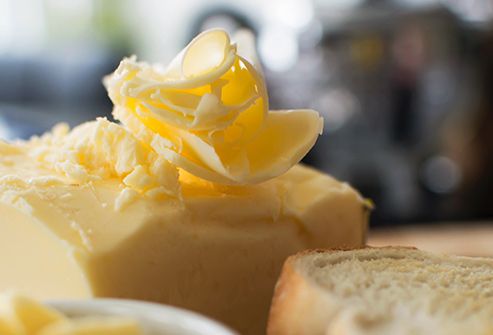
What Are They?
Triglycerides are a type of fat in your blood. Oil, margarine, butter, and most other fats in your food are triglycerides. Your blood absorbs them after you eat. But that’s not the only source. Your body also turns extra calories -- especially from “simple carbs” such as pastries, white bread, candy, sugar, and alcohol -- into triglycerides and stores them in fat cells.
Swipe to advance
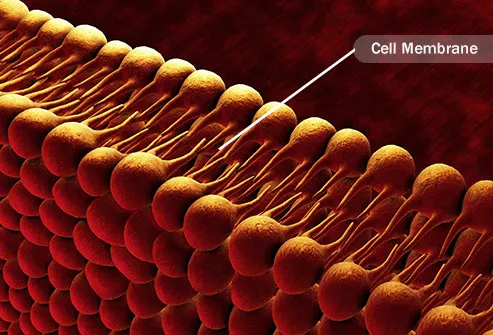
2
/
16
Are Triglycerides Cholesterol?
No. Both are known as “lipids,” but only triglycerides are fats. Cholesterol is a waxy substance made by your liver and intestines (you get some from food as well) that helps make your cell membranes and hormones. It also helps your body digest food.
Swipe to advance
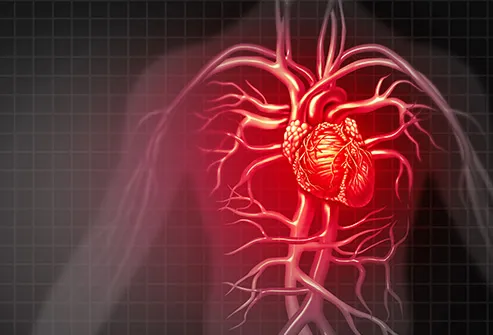
3
/
16
Can They Be Good for You?
Yes, in the right amounts. Your body uses them to transfer and store energy for later use. But too many can raise your risk of heart disease, especially if you already have high levels of “bad” (LDL) cholesterol.
Swipe to advance
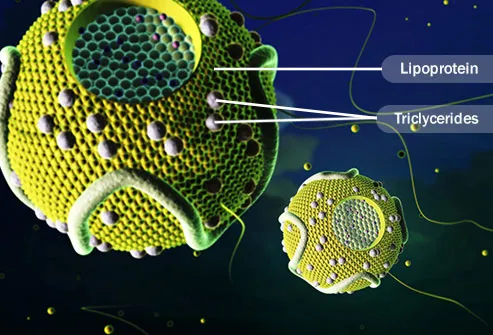
4
/
16
What Are Lipoproteins?
Triglycerides can’t float around in your blood on their own. So they ride along with certain proteins, called “lipoproteins.” That way, they can move around your body until you store them in fat cells.
Swipe to advance
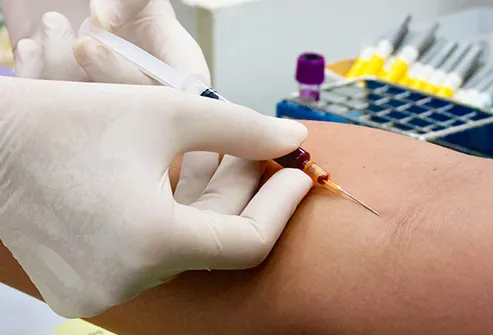
5
/
16
How Do You Know Your Level?
Your doctor will likely test your triglycerides and cholesterol together. They will take a sample of blood, and they may ask you to avoid certain foods or drinks or to stop eating for a half-day or so beforehand, to make the results more accurate. A laboratory will test the blood.
Swipe to advance
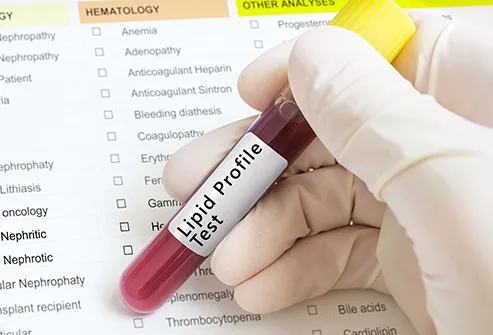
6
/
16
What's a Lipid Profile?
It tells you the levels of “good” (HDL) cholesterol, “bad” (LDL) cholesterol, and triglycerides in your blood. Your doctor may plug those numbers into a formula to get a single number that shows “total blood cholesterol.” A high number can raise your risk for heart disease. Age, family history, smoking, blood pressure, and other things may affect your numbers. So talk about it with your doctor.
Swipe to advance
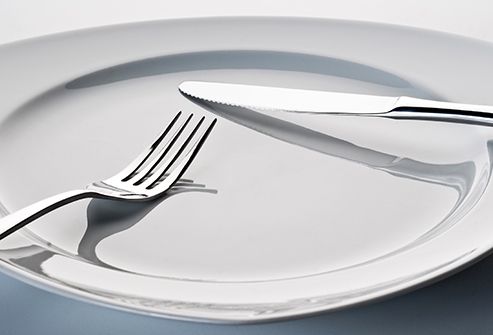
7
/
16
Should I Fast Before My Test?
Triglyceride levels are usually higher after you eat. That’s why doctors sometimes ask that you not eat or drink (except water) in the 12 hours before your blood test. Your diet, alcohol use, whether you’re having your period (for women), the time of day, and recent exercise can also affect your results.
Swipe to advance
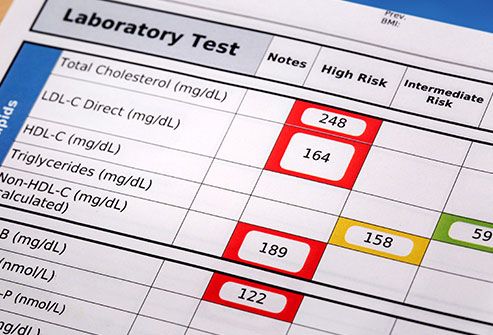
8
/
16
What Do the Results Mean?
Check your triglyceride levels against these numbers, which are based on 12 hours of fasting:
- Desirable: Less than 150 mg/dL (1.7 mmol/L)
- Borderline high: 150 to 199 mg/dL (1.7-2.2 mmol/L)
- High: 200 to 499 mg/dL (2.3-5.6 mmol/L)
- Very high: 500 mg/dL or greater (5.6 mmol/L)
Swipe to advance
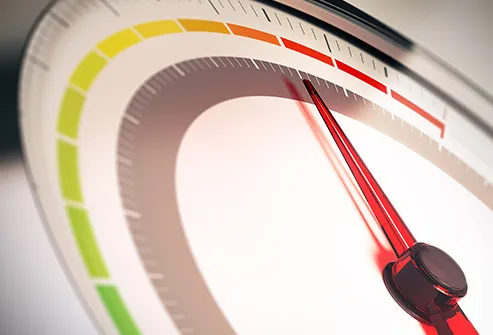
9
/
16
Do High Numbers Cause Symptoms?
Not usually. That’s why it’s a good idea to test your lipid levels, including triglycerides, on a regular basis. Over time, high levels can be a sign of other conditions that raise the risk for heart disease. They’re also tied to obesity, high blood pressure, high cholesterol, diabetes, and thyroid disease.
Swipe to advance

10
/
16
When Should I Get Tested?
You should talk to your doctor, who will come up with a plan of how often to test based on your family history, age, and gender. Your doctor will also take into account any other medical conditions you have and medications that you take.
Swipe to advance
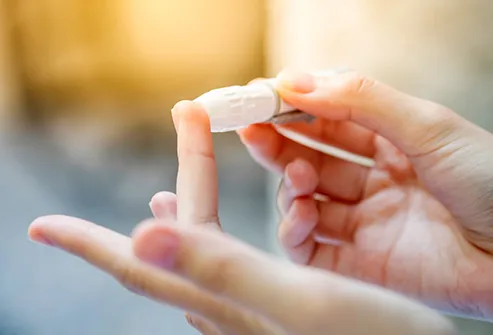
11
/
16
High Triglycerides? Now What?
First you need to know the cause. It may be that you simply need to change your diet and get more exercise. But problems with your liver, thyroid, or other conditions like diabetes can also cause high levels. Or it may be a combination. Once your doctor figures this out, you can treat the root of the problem.
Swipe to advance
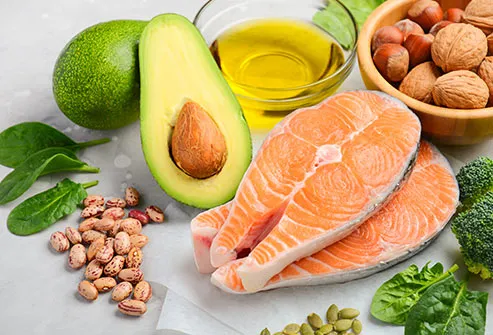
12
/
16
Does Diet Matter?
Yes, a lot. But not in the way you might think. Even though they consist of fat, most triglycerides are made by your body from extra carbohydrates. Sugary and starchy carbs are the worst type. Seek out “complex” carbs like vegetables and whole grains instead. Cut saturated fats (found mainly in animal products) in favor of “good” fats found in olive oil, nuts, seeds, and fish.
Swipe to advance
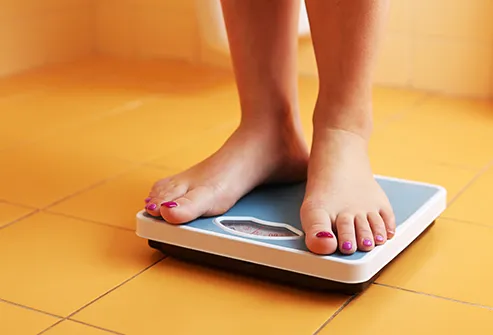
13
/
16
What About Weight?
If you’re overweight, losing some of those pounds can lower your triglyceride levels. Even 5 to 10 pounds can make a difference. It may help to focus on benefits like more energy and better health, not just numbers on a scale. And remember that if you overeat, your body turns extra calories into triglycerides and stores them as fat.
Swipe to advance

14
/
16
Does Exercise Help?
Yes. Aim for at least 30 minutes on most days of the week. Regular exercise can lower triglycerides and boost "good" cholesterol. Take a walk, swim laps, or go dancing -- anything you enjoy and that gets your heart beating faster. Even if you can’t find a 30-minute chunk, you can squeeze it in 10 minutes at a time: A walk at lunch time, pushups while you watch your favorite TV show, a dance party with your kids.
Swipe to advance
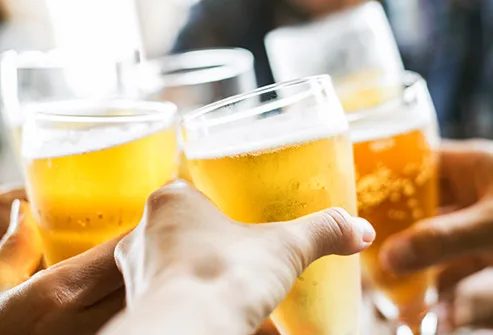
15
/
16
What About Alcohol?
It doesn’t help. It’s high in calories and sugar, which by themselves are bad. And alcohol seems to be bad for triglyceride numbers apart from that. Even small amounts can raise your levels.
Swipe to advance
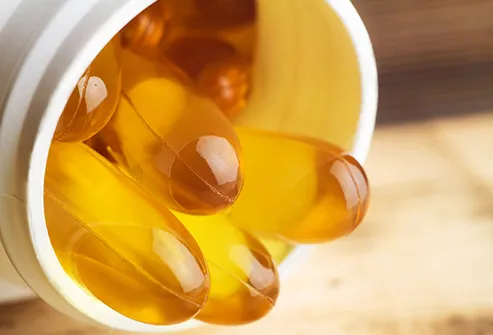
16
/
16
What Medications Are There?
You still need to keep up with your diet, exercise, and weight. If that’s not enough, you your doctor may recommend adding meds or supplements. These might include statins (which also curb “bad” cholesterol), omega-3 supplements, niacin (a vitamin, but don’t take it without talking to your doctor first because of possible side effects), and a type of drug called fibrates.
Swipe to advance
- Get link
- X
- Other Apps